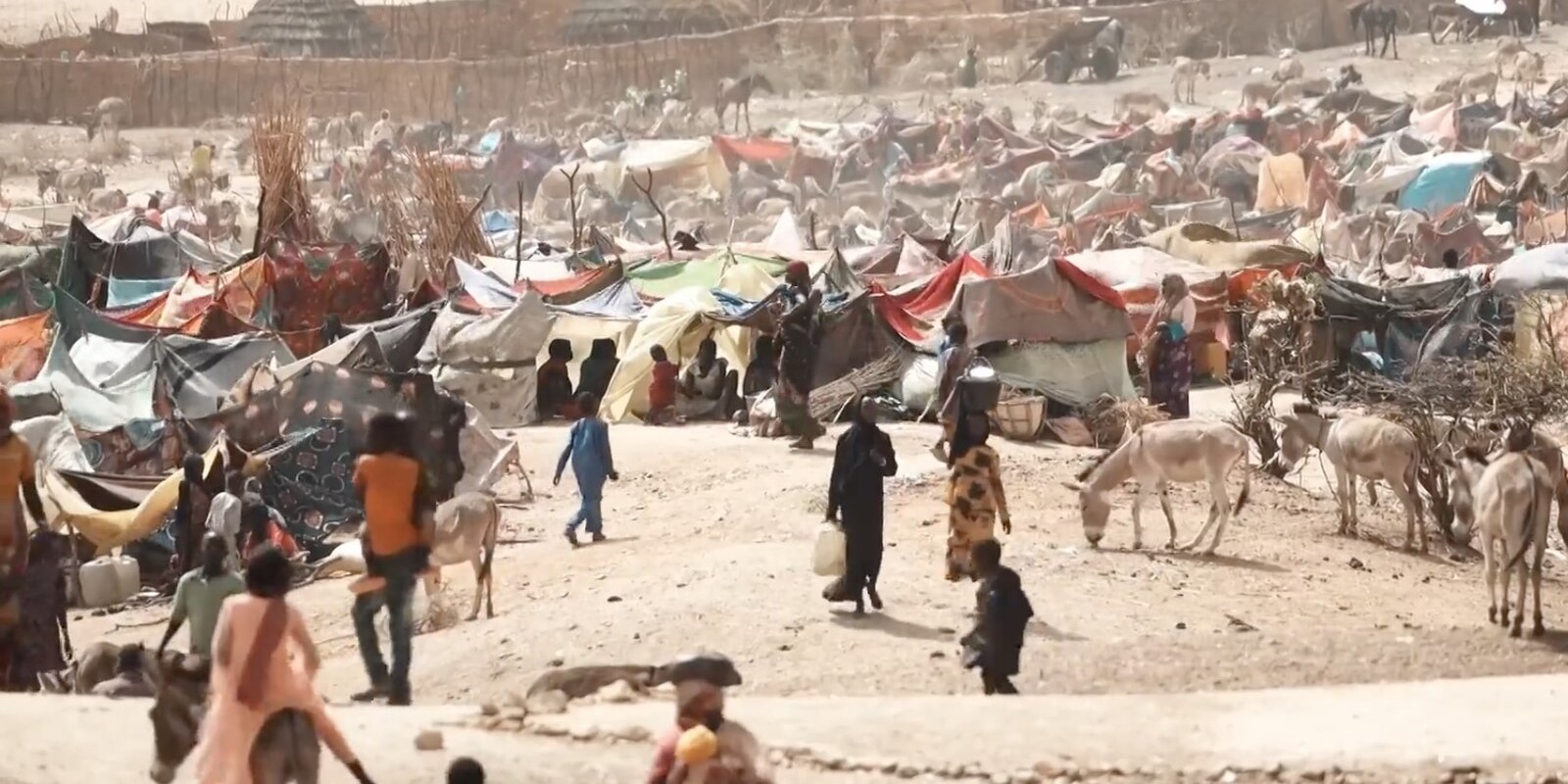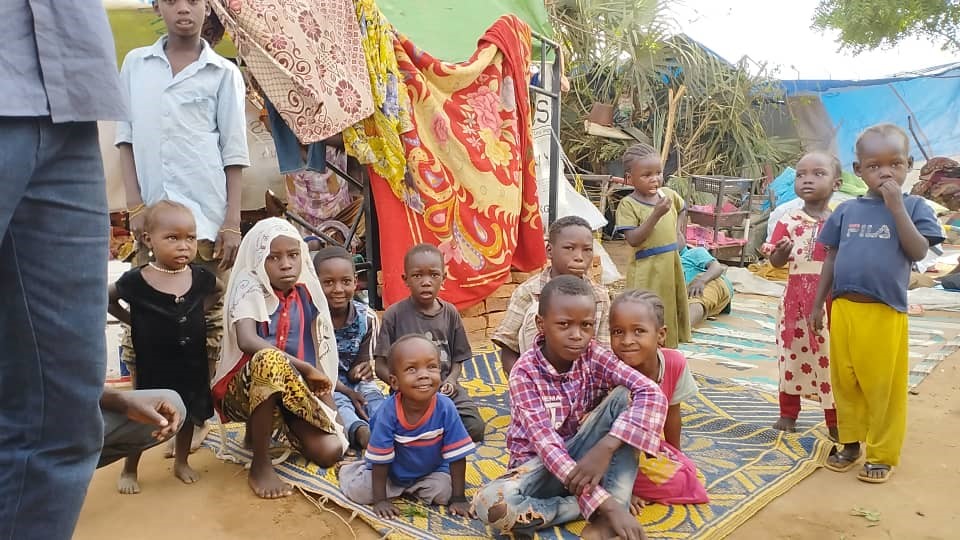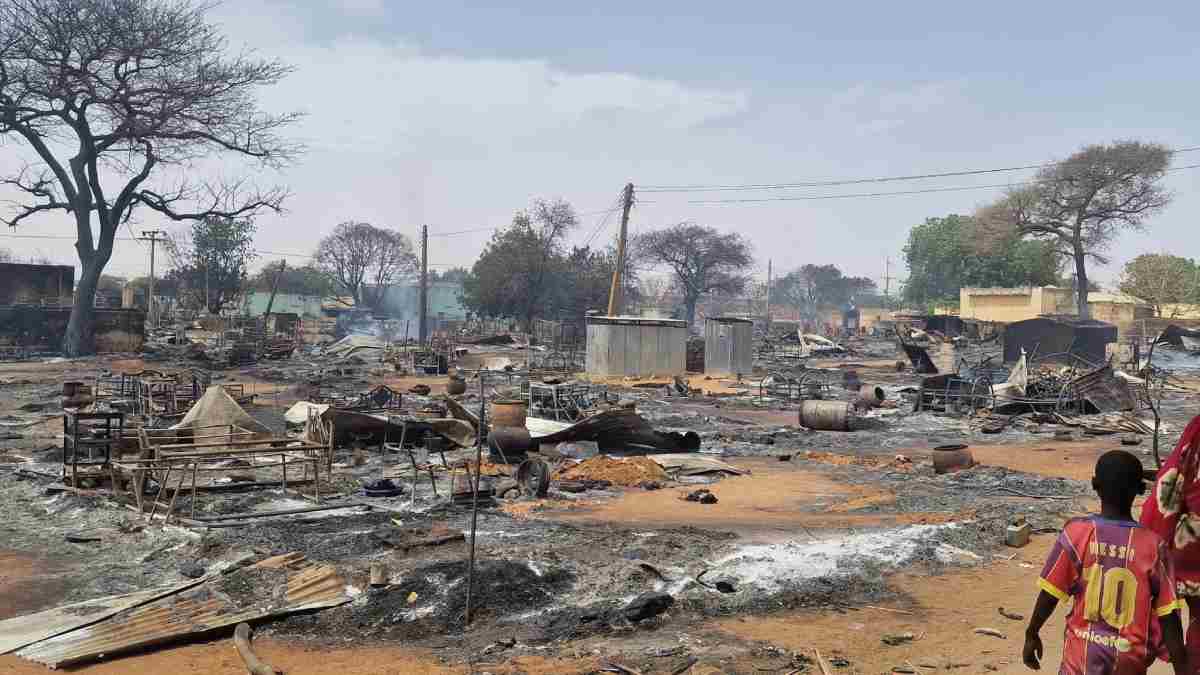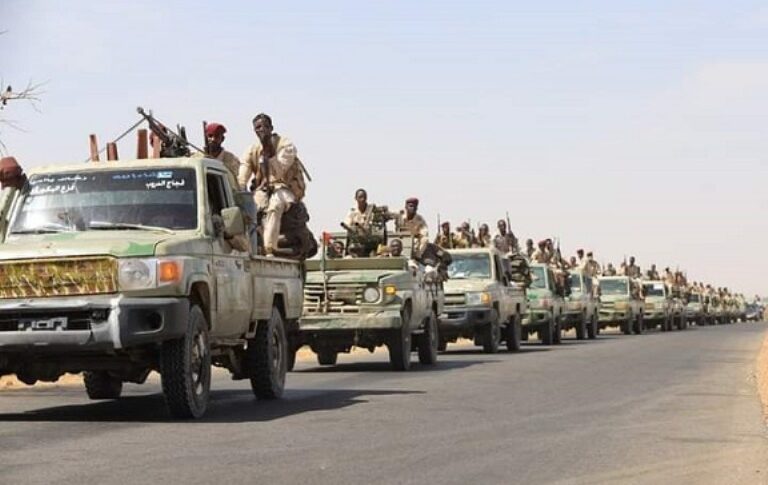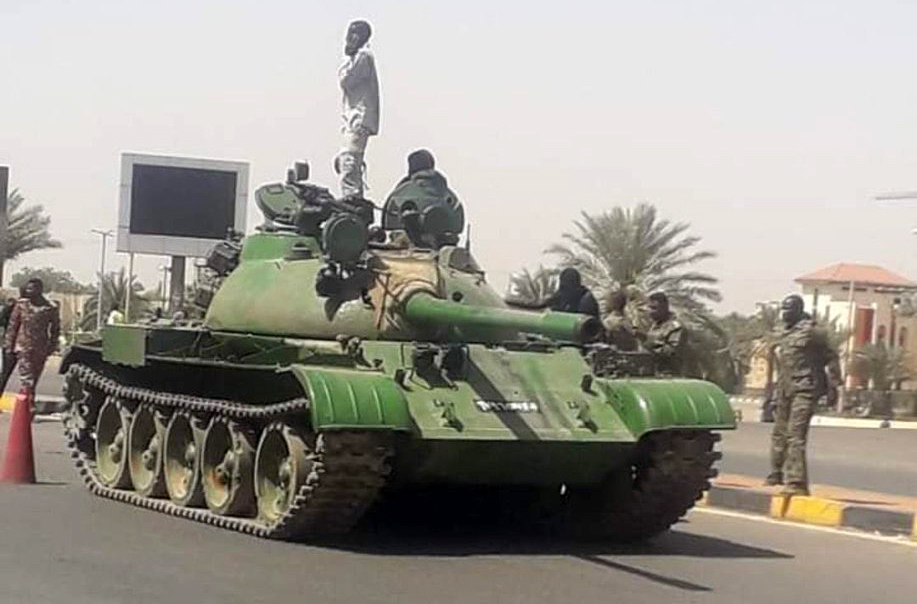
Can Sudan talks make progress this time?
Sudan’s army and the paramilitary Rapid Support Forces (RSF) resumed negotiations in Jeddah, four months after the US- and Saudi-mediated talks were suspended because truces were repeatedly violated. Saudi Arabia said the discussions will be based on previous agreements to facilitate humanitarian access and respect ceasefires, though the conflict parties appear to have widely divergent negotiating stances. The army said the talks don’t mean it will stop fighting, and the RSF—which controls most of the capital, Khartoum—has been battling on too. This week, it took full control over Nyala, the country’s second biggest city and the largest in the Darfur region. (Map: PCL)



